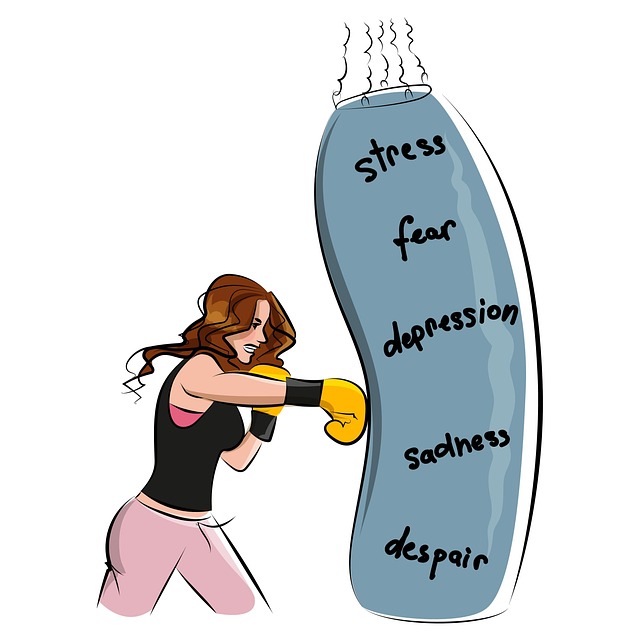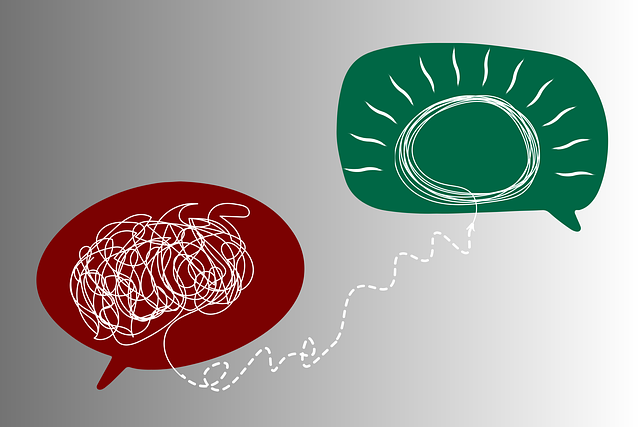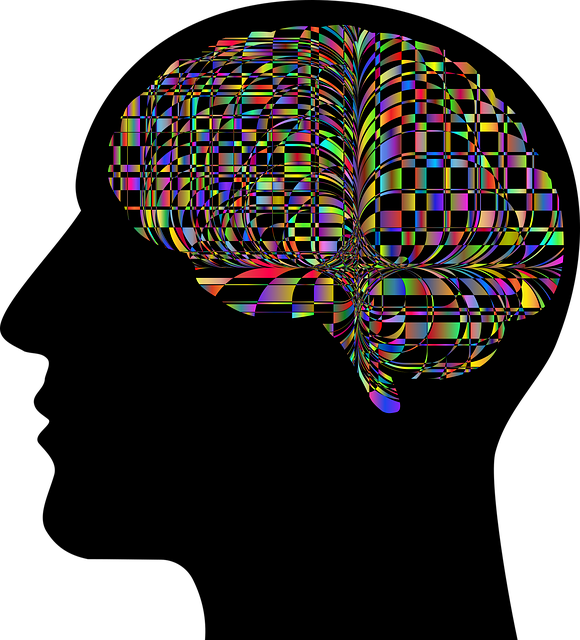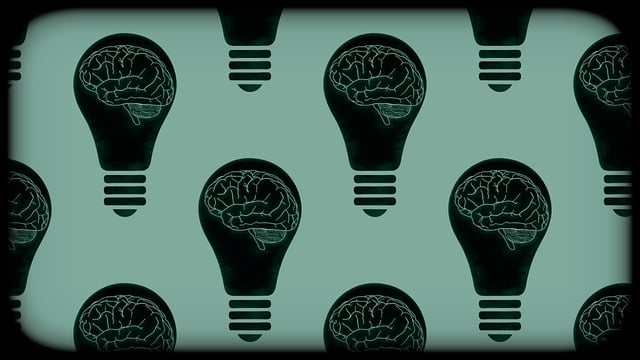In today's digital age, mental wellness apps are gaining popularity as accessible and affordable alternatives to traditional therapy, especially for domestic violence survivors. These apps offer immediate support, resources, and coping strategies tailored to survivors' unique needs. A Superior Domestic Violence Therapy app should include confidential communication, therapeutic tools like guided meditations, educational resources, and cultural sensitivity to diverse backgrounds. Development should involve user-centric design, evidence-based practices, and deep user research, with community outreach programs connecting users to local support services. Success is measured through KPIs like engagement, completion rates, and qualitative feedback, ensuring the app promotes meaningful change, resilience, and improved well-being.
In today’s fast-paced world, mental wellness app development has become crucial for addressing growing concerns about psychological health. This article explores the significance of creating digital tools tailored to domestic violence therapy, a pressing issue affecting many. We delve into key features that make an app superior, from crisis support and counseling sessions to safe communication channels. Understanding the development process, measuring success, and assessing user impact are also essential aspects discussed, offering insights for innovative mental wellness solutions.
- Understanding the Need for Mental Wellness Apps
- Key Features of a Domestic Violence Therapy App
- Development Process and Considerations
- Measuring Success and User Impact
Understanding the Need for Mental Wellness Apps

In today’s fast-paced world, mental wellness has emerged as a critical aspect of overall health, with a growing recognition of its importance in daily life. The demand for accessible and effective mental health support has never been higher, leading to an increased focus on innovative solutions like mental wellness apps. These digital tools offer a convenient and often more affordable alternative to traditional therapy, especially for those facing barriers to accessing quality care. With the rise of remote communication and a desire for personalized self-care, mental wellness apps are becoming increasingly popular.
One area where these applications can make a significant impact is in addressing domestic violence, providing Superior Domestic Violence Therapy. Apps designed with this focus can offer immediate support, resources, and coping strategies to survivors, helping them navigate challenging situations. Additionally, the integration of features like interactive tools, educational content, and communities can facilitate personal growth and recovery. Beyond therapy, Mental Wellness Podcast Series Production has also gained traction as a way to engage and educate users on various mental health topics, while well-structured Mental Health Education Programs Design within apps can empower individuals to take charge of their mental wellness journey.
Key Features of a Domestic Violence Therapy App

A Superior Domestic Violence Therapy app should be designed with a deep understanding of the unique needs of survivors and their journey towards healing. Key features include confidential and secure communication channels, allowing users to feel safe while sharing their experiences. The app should offer a range of therapeutic tools such as tailored coping strategies, guided meditations, and educational resources on recognizing and breaking abusive patterns.
Integrating Cultural Sensitivity in Mental Healthcare Practice is vital; the app should be adaptable to diverse cultural backgrounds, ensuring that all survivors can access relevant support. Features like personalized progress tracking and regular check-ins can encourage consistent use, fostering a sense of accountability and commitment to their mental health journey. Additionally, incorporating features that facilitate connections with local support groups or emergency services can provide invaluable assistance during critical moments.
Development Process and Considerations

The development process for a mental wellness app should prioritize user-centric design and evidence-based practices to ensure its effectiveness. It begins with extensive research into specific mental health concerns, such as domestic violence, and identifying target demographics. This initial phase involves gathering insights from experts, including therapists, psychologists, and community leaders, to understand the unique needs and challenges faced by users. By incorporating these perspectives, the app can offer tailored interventions and support systems that address underlying issues effectively.
During prototyping, it’s crucial to focus on features that enhance user engagement while promoting healing. This might include interactive therapy sessions, mindfulness exercises, and community forums for peer support. Integrating feedback from pilot tests with vulnerable populations ensures the app’s cultural sensitivity and accessibility. Moreover, considering the Mental Illness Stigma Reduction Efforts and Public Awareness Campaigns Development can foster an inclusive environment, encouraging users to seek help without fear of judgment. Community Outreach Program Implementation strategies can also be integrated to connect users with local support services, ensuring comprehensive care.
Measuring Success and User Impact

Measuring success in mental wellness app development is a multifaceted process that goes beyond user downloads and active sessions. The true indicator of a superior domestic violence therapy application lies in its ability to foster meaningful change, promote resilience building, and enhance self-esteem among users. This can be achieved through rigorous data analysis, tracking key performance indicators (KPIs) such as user engagement metrics, completion rates for therapeutic modules, and qualitative feedback from users.
By evaluating these factors, developers can ensure that their app is not only effective but also impactful. Positive outcomes, like improved communication skills, increased coping mechanisms, and enhanced overall well-being, are tangible signs of success. Incorporating features that encourage regular use, such as interactive exercises, personalized goals, and progress tracking, can further amplify the user impact, making the mental wellness podcast series production a powerful tool in promoting healthier relationships and individuals.
The development of mental wellness apps, particularly those focused on domestic violence therapy, is a vital step towards enhancing accessibility to care. By incorporating key features like secure communication, tailored interventions, and progress tracking, applications can provide effective support to survivors. As the demand for digital mental health solutions continues to grow, prioritizing user experience and evidence-based practices ensures that apps like Superior Domestic Violence Therapy make a significant impact, offering help when it’s needed most.














